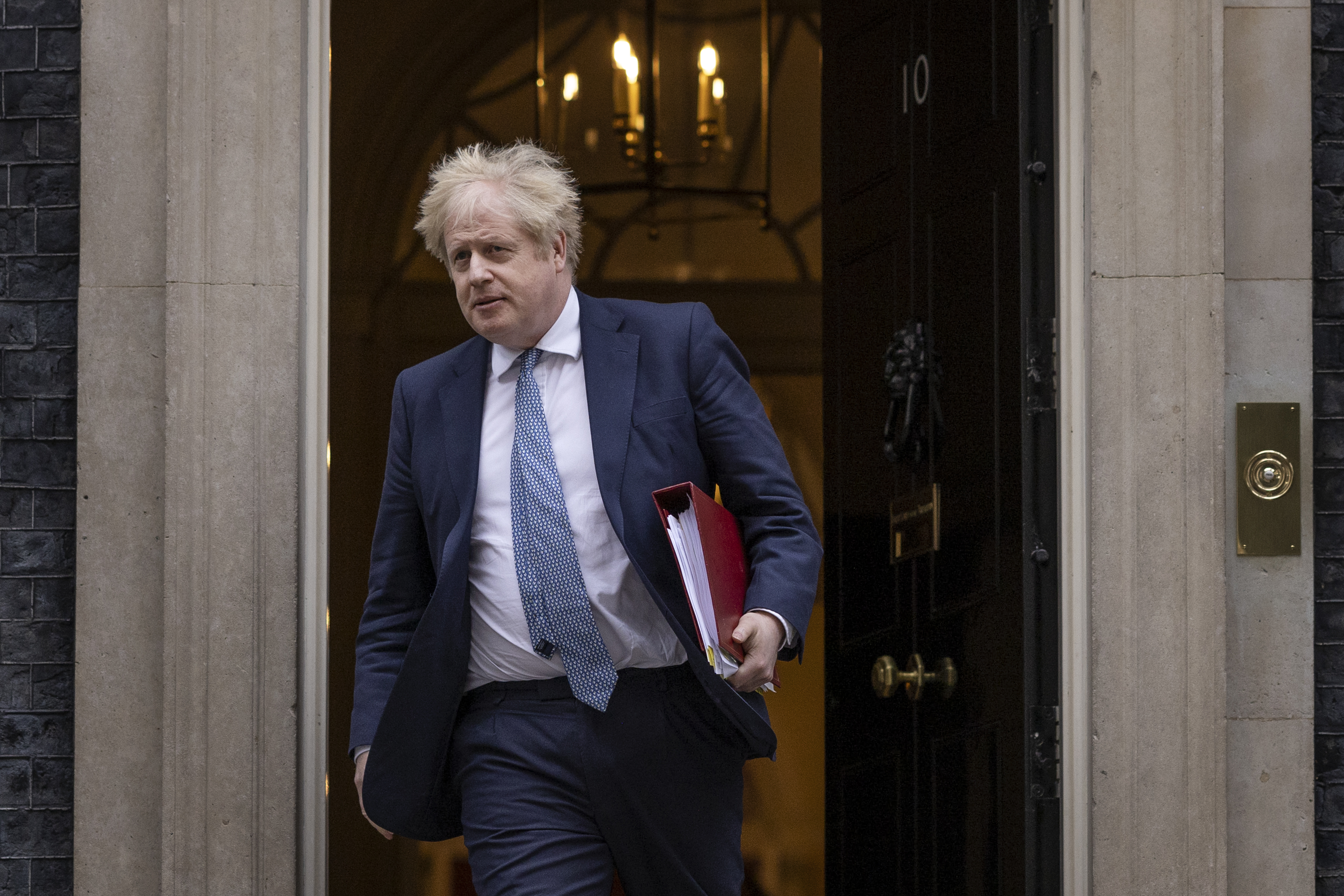UK wages have fallen at the sharpest rate on record
With inflation rates set to keep rising, things could get even worse later in the year


Celebrity news, beauty, fashion advice, and fascinating features, delivered straight to your inbox!
You are now subscribed
Your newsletter sign-up was successful
With inflation rates set to keep rising, things could get even worse later in the year
The cost-of-living crisis is showing no signs of abating, with households struggling to pay soaring energy bills, food prices increasing, and rising costs exacerbating levels of poverty.
Now, people in the UK have seen their pay decrease at the sharpest rate on record.
While regular pay, excluding bonuses, grew by 4.7% between April and June, inflation hit a new 40-year record of 9.4%.
This means that in reality, wages dropped by 3% during this period. According to the Office for National Statistics, this marks the biggest fall since records began in 2001.
The price of gas has doubled since May, and the Bank of England believes this will push inflation even higher over the next couple of months, to 13%.
Meanwhile, annual energy bills could reach £5,038 by early next year, according to researchers at energy consultancy Auxilione. For context, in October last year the cap on annual energy bills was £1,400.
Celebrity news, beauty, fashion advice, and fascinating features, delivered straight to your inbox!

Prime Minister Boris Johnson — who is currently enjoying his second holiday in two weeks — has said he is "making sure there is extra cash" for his successor to provide extra support to households amid the cost-of-living crisis.
The government came under fire last week when ministers said they couldn’t take immediate action to help those who are struggling. Speaking on ITV’s Good Morning Britain, education secretary James Cleverly said “the candidates cannot put their plans into practice until they are prime minister”.
Money expert Martin Lewis, who also appeared on the show, said: “What a load of bull. That is complete bull. That’s just simply not true.”
Meanwhile, Sir Keir Starmer has said that under Labour's plans to tackle the costs, families would "not pay a penny more" on their energy bills this winter. Paid in large part by an increase in tax on oil and gas company profits, Labour claim the proposal would save the average household £1,000.
The plan has been criticised for helping everyone with bills, rather than focusing on low-income households. Speaking to Sky News, Sir Keir explained that this is to try to bring down inflation: "This is across the board because many, many households are impacted by this. It has the massive benefit, but it doesn't allow the price increases to take place in October and January. But it has another benefit, which is really important, it reduces inflation by 4% because it's across the board."
The Labour leader said that while the plan could "get us through the winter", a new plan would be needed from April next year, depending on how the situation develops.
